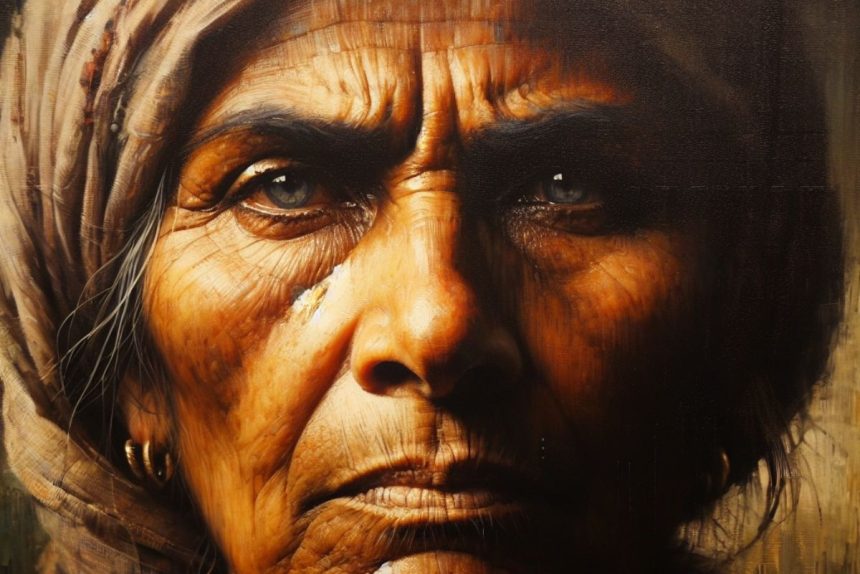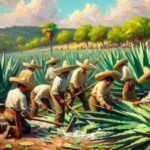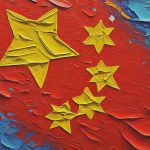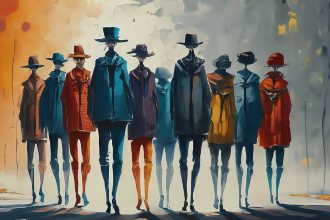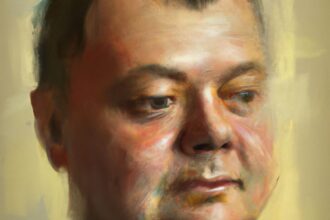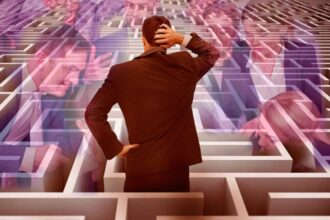Challenging the status quo demands courage. It requires us to confront the comfort of silence with the clarity of truth. When we stand against what harms others, we free ourselves from complacency and light the way to justice and healing.
It’s a paradoxical situation: we are often reliant on the very systems and individuals that perpetuate the status quo to effect change. This dependency creates a significant challenge, as those entrenched in maintaining the status quo are unlikely to bring about the radical shifts needed for true transformation. For genuine progress to occur, we must confront not only the external forces that contribute to societal injustices but also reflect on our own roles in perpetuating these systems. It is not enough to seek validation or approval from the world without fully acknowledging and addressing our own contributions to the inequities we aim to overcome. Without this introspective accountability, the pursuit of change risks being superficial and ultimately ineffective. True progress requires a comprehensive examination of both external systems and our internal complicity, paving the way for a more profound and meaningful transformation.
From a young age, I felt a deep connection to my cultural heritage, even though my family largely rejected those indigenous traditions in favor of a more colonized mindset. Growing up with brown skin in a family of predominantly white relatives, I was acutely aware of how different I was. Despite our Spanish-Portuguese lineage, our roots extended to indigenous cultures, and I experienced a profound sense of rejection from my family—a rejection that reflected their discomfort with that part of themselves, embodied in me.
My ethnic identity is a tapestry woven from Huichol, Aztec, and Mayan heritage. This rich blend has profoundly influenced who I am and how I see myself. The Portuguese and Spanish elements of my heritage, marked by a history of colonization and power dynamics, contrasted sharply with my indigenous roots. As I navigated this complex identity, I began to reconnect with my cultural heritage, finding solace and inspiration in nature. My teenage years were marked by a passion for reviving dead plants, a practice that not only nurtured my love for nature but also symbolized the rekindling of my indigenous roots. This process of re-integration allowed me to transform my heritage from a source of alienation into a profound connection to my true self.
The impact of Spanish and European colonization on indigenous cultures was profound and far-reaching, shaping not only the historical landscape but also altering indigenous worldviews. Colonization imposed a framework that prioritized power, control, and exploitation, displacing indigenous ways of knowing and being. This imposed worldview often clashed with the harmonious and interconnected perspectives of indigenous cultures, which emphasized balance, respect, and community. As a result, cultural practices and values that once fostered a positive and nurturing environment were undermined, leading to internalized oppression and a skewed sense of identity. Recognizing how colonization has shaped cultural attitudes and beliefs is crucial in understanding the persistent challenges faced by indigenous communities today. To move forward, we must confront these legacies, acknowledging how they contribute to a fragmented worldview that impedes collective well-being. By integrating an awareness of these historical impacts with a commitment to empathy and co-responsibility, we can begin to heal the divisions and work towards a more inclusive and equitable future.
The infamies of ambition or La cruz de la aurora (The cross of the dawn)
Heriberto Frías; José Guadalupe Posada (illustrator)
Library of the Mexican Child, 1900
print on paper
12 x 8.5 cm.
Mexican History Museum Collection
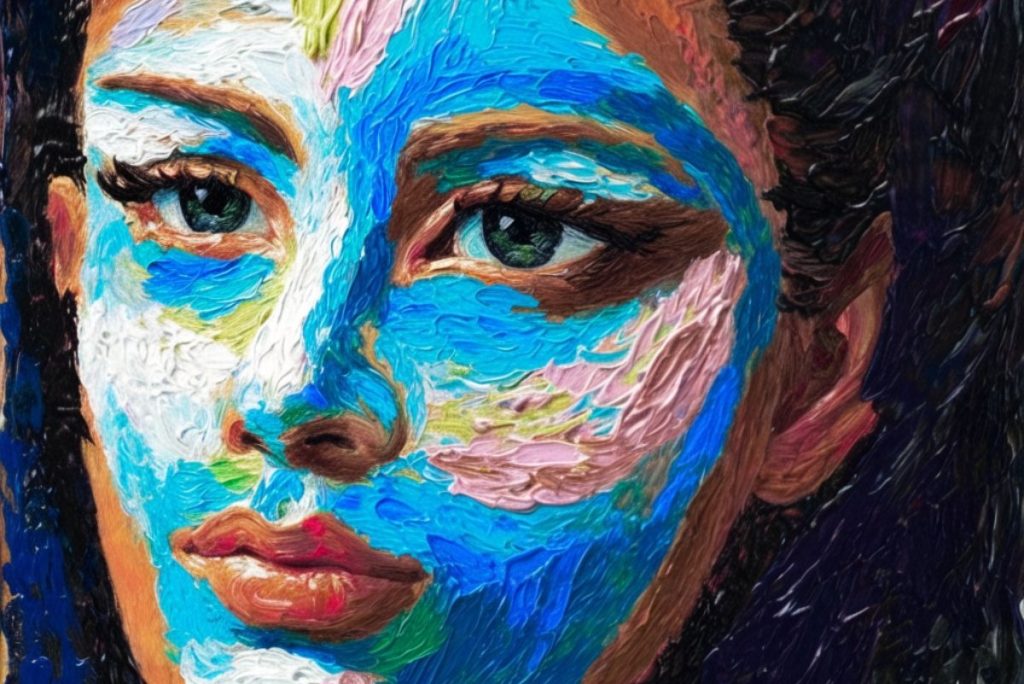
Decolonization and Resistance: A Call to Action
Resistance and decolonization are not merely political acts; they are profound personal and collective journeys. Decolonization involves unlearning the ingrained systems of oppression and power that have shaped our world. It calls for a reclaiming of identities, practices, and knowledge that have been suppressed or marginalized. To resist is to question and challenge the structures that perpetuate inequality and injustice. It means acknowledging and confronting the biases within ourselves and in the systems around us. True resistance involves embracing the richness of diverse cultures and perspectives, and actively working towards a world where equity and justice prevail. It’s a transformative process that demands courage, empathy, and a commitment to change. By integrating these principles into our daily lives, we contribute to dismantling oppressive structures and fostering a more inclusive and equitable society.
Recognizing our humanity means seeing it not only in others but also within ourselves. We are not isolated beings; our actions, thoughts, and feelings ripple through the environment around us. What kind of energy are you contributing to the world? To your community? To those closest to you and, most importantly, to yourself?
A lack of discernment or emotional intelligence perpetuates human cruelty and normalizes apathy towards injustices. To avoid self-destruction, we must confront reality rather than numb ourselves with routine.
Embracing co-responsibility involves acknowledging our interconnectedness. Each of us plays a role in this intricate network. I urge you to consider: what part do you play?
Decolonized Mindsets: Embracing a New Perspective
Decolonized mindsets are crucial for transformative change, as they involve challenging and rethinking the deeply ingrained biases and assumptions shaped by historical and systemic oppression. Embracing a decolonized mindset means critically examining the structures and narratives that have perpetuated inequality and seeking to redefine them through a lens of inclusivity and respect. It requires an openness to diverse perspectives and an acknowledgment of the value in knowledge and practices that have been marginalized. By adopting a decolonized mindset, we pave the way for a more equitable and just society, where the wisdom of all cultures is valued and where healing and collaboration can flourish. This shift in perspective is not only a personal journey but a collective imperative, essential for building a world that honors every voice and embraces true justice.








